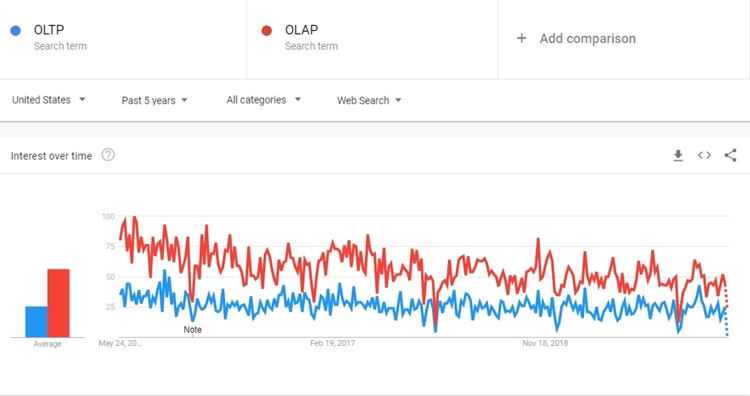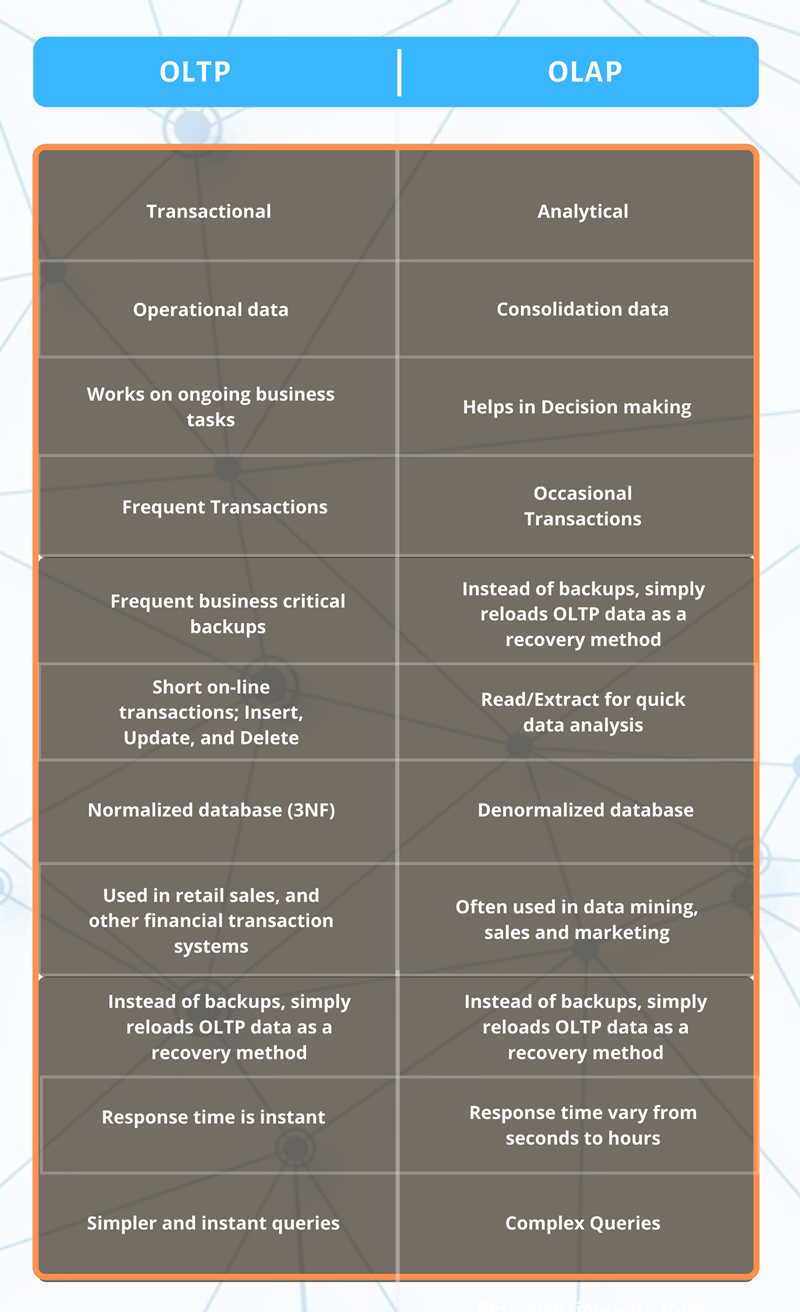An online processing system is the continuous automated processing of inputted database straightway. Online processing is meant to improve reports’ usability as they generate up to date and reliable information.
The online processing system is considered a successful alternative for batch processing.
Batch processing is a traditional bookkeeping methodology for accounting purposes. In it, you accumulate database and information over a fixed period, which could be a day, a week, or a month.
And only after this schedule would the bookkeepers be able to record that batch of data. This is one of the main reasons why the organizations shifted to using the online processing system.
The online processing costs more than the former but is an actual time-saver as it instantly generates reports. Also, it is more efficient for processing and searching the inventory for fresh data.
Now, the online processing in IT systems is divided into two core categories:
- OLTP – Online Transaction Processing
- OLAP – Online Analytical Processing
OLTP vs. OLAP: Which is More Popular?
Comparison of OLTP and OLAP via Tabular Diagram
OLTP – Online Transaction Processing
Working in real-time, OLTP provides transaction-oriented applications such as the ATM.
The built-in system logic ensures data integrity for any error that occurs in an online transaction.
The input is stored and processed in real-time (milliseconds). The process has an entity model – The 3rd normal form, for database tables.
OLTP is a query processing system that effectively maintains quick transactions with data integrity in multi-access environments.
The system responds instantly to a user’s requests with a high rate of concurrency and recoverability.
OLAP – Online Analytical Processing
As the name suggests, online analytical processing or OLAP is a system for complex multi-dimensional analytical (MDA) queries.
The OLAP database and data warehouse consist of aggregated historical data for analysis and related business intelligence and reporting operations.
OLAP helps BI teams to process complex queries for decision making, analytical reporting, and financial performance.
It also helps in deducing related business trends, forecasting, and other multi-dimensional analytical queries.
The above graph displays the popularity of the two in the last 5 years, within the US. In any circumstances, it would not be fitting to compare these two, as their contribution to businesses differs significantly.
OLTP and OLAP may seem similar as they both fall under the online processing systems, but their usage varies widely.
The former is looked upon as an online service-oriented (SOA), and the latter inclines toward being a research-oriented architecture.
They are not alternatives but rather support one another’s processing system. Their application usage depends upon the business process and its requirements
You May Also Like To Read-
Things to Know About Intelligent Information System
Understanding the Different Types of OLAP Systems




